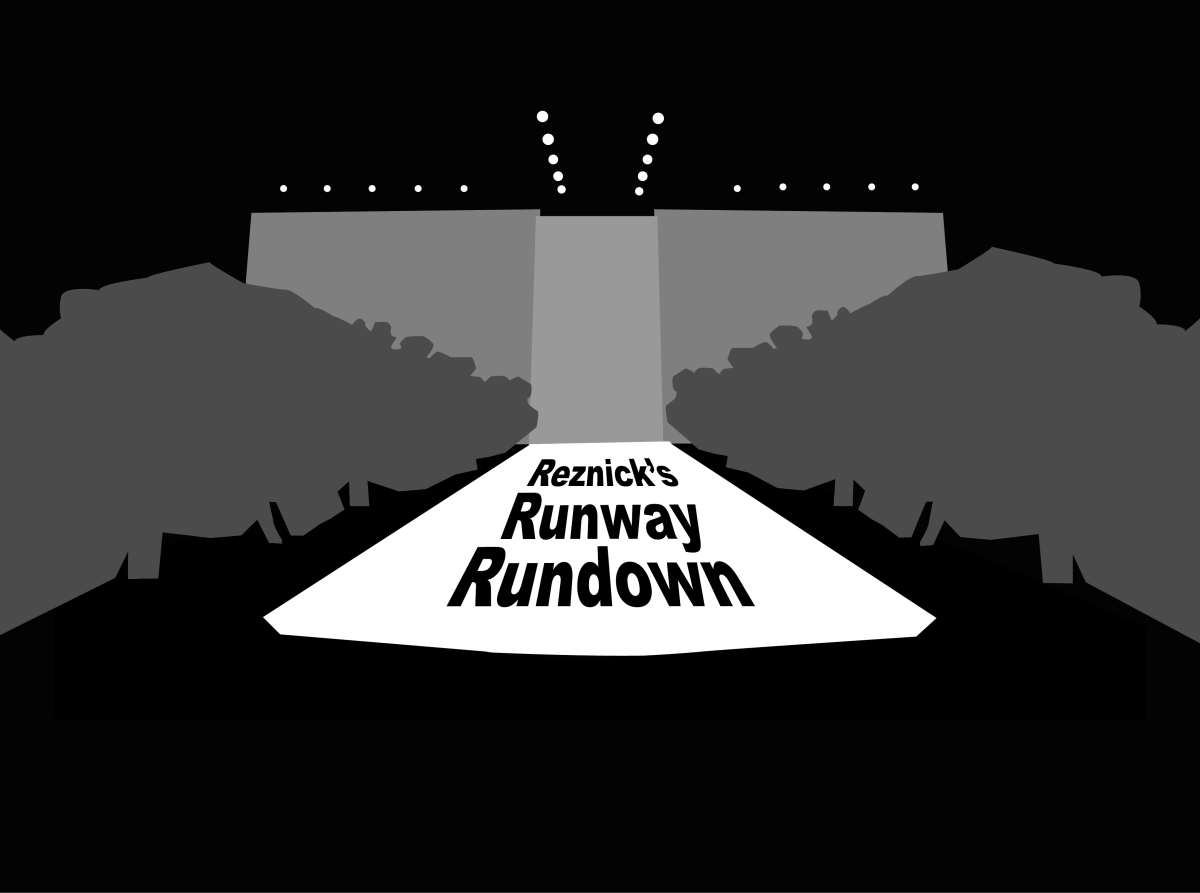Lena Levey Staff Writer
“There’s something about seeing it on a screen that helps… Late night talk shows help you not take the world so seriously,” Juliette Rooney (’19) said.
In the past few years, late night talk shows have been gaining attention among high school students for their comedic take on serious issues, use of satire and their ability to raise awareness for problems not necessarily covered in the daily news. Avid talk-show watcher Isabel Rosen (’19) is a fan of many late night talk shows including Last Week Tonight with John Oliver, Full Frontal with Samantha Bee and The Opposition with Jordan Klepper. “Satire is one of the most useful ways to criticize and analyze news,” she said. Similarly, Social Studies Department Head Natalie Jaworski finds talk shows entertaining because they help her cope with the current political climate. “They take things in the world that seem impossible to laugh at and they give [us] the ability to laugh at them, and I need that,” she said.
Jaworski also appreciates that the hosts do not solely complain about contemporary political and social problems; they offer solutions to the topics as well.
Aside from affirming her own beliefs, Rooney feels as though talk shows have raised awareness for topics she previously didn’t know anything about. “I watch John Oliver because he’s really funny, and because he does a lot of segments that aren’t usually covered by major papers,” she said. “He tends to highlight the stuff that is really bad, and it tends to be stuff I don’t think about.”
Comparatively, Rosen values late night talk shows because while she believes they often demonstrate a singular opinion, they also share multiple perspectives for each story. “I think that [late night talk] shows actually do a better job than most mainstream 24 hours news shows at showing multiple perspectives…. a lot of the time they point out their own biases,” she said. Rosen believes that the host’s ability to acknowledge their own biases as well as provide multiple perspectives allows the shows to be accessible to all.
However, Sam Habib (’21) disagrees. He believes that people are too quick to trust comedians, who he thinks demonstrate too strong of a liberal bias to be reliable. Habib believes that many people are relying on comedians and celebrities for their news, as opposed to credible, well-researched professionals. “Don’t get your ideas from comedians. Don’t get them from celebrities. Get actual evidence from actual commentators who are good and use real sources instead of these comedians who probably just use a quick Google search,” he said.
In particular, Habib thinks that comedians are too critical of President Donald Trump. “Originally I was really anti-Trump. I despised him, primarily because I watched John Oliver. I thought he was hilarious, so Trump had to be a buffoon. Then I did more research, and I realized maybe not. Maybe I shouldn’t get all of my facts from a late night talk show,” he said. However, the shows do still make him laugh, and Habib finds John Oliver and Stephen Colbert particularly enjoyable.
Despite being known for their comedic tendencies, these shows have done more than just make people laugh. They have impacted conversations about politics, human rights and legislation. For example, in March, Last Week Tonight with John Oliver criticized Vice President Mike Pence’s stance on homosexuality by writing a children’s book featuring Pence’s pet bunny in a relationship with another male bunny. All of the proceeds from the book supported AIDS United and The Trevor Project, which provides crisis intervention for LGBTQ+ youth.
Jaworski believes that these projects, which are a common part of Last Week Tonight, are part of what has made the show so popular. Jaworski particularly enjoys these segments that promote change. “I like that they don’t just mock something. [Talk show hosts] say ‘here’s what we are going to do about it’,” she said.
However, Rooney thinks that these shows need to reach a wider audience before they can create meaningful change. She points out how in many ways, the hosts are preaching to the choir. “No conservative who is pro-Trump is going to watch Seth Meyers. Not enough people who don’t agree are watching these shows. It’s not reaching people who need to have their minds changed. It’s reaching people who already agree,” she said.
Jaworski thinks that although they are not reaching everyone yet, late night talk shows have the potential to change the political landscape. “That is democracy at work,” she said. “That’s the start of what a political party could be using the medium that we have, which is TV and the internet.”




